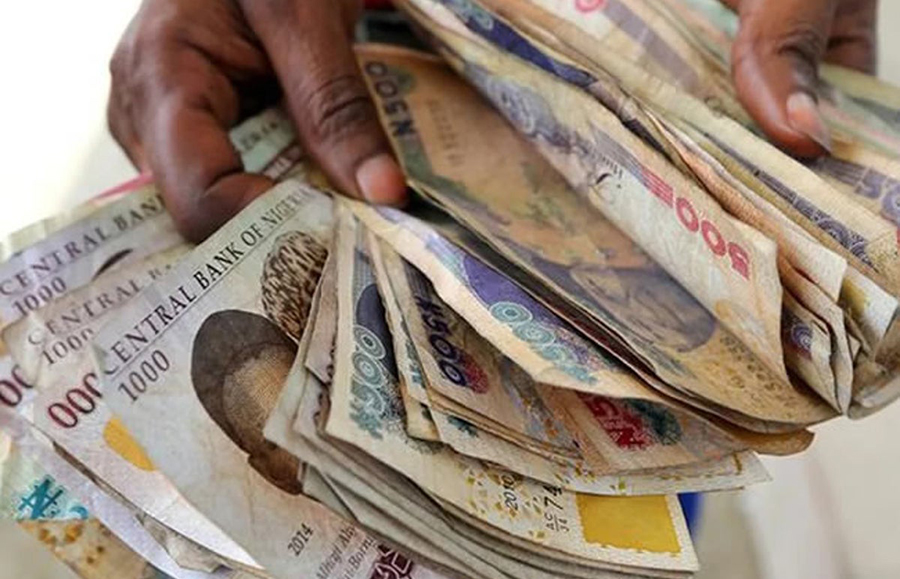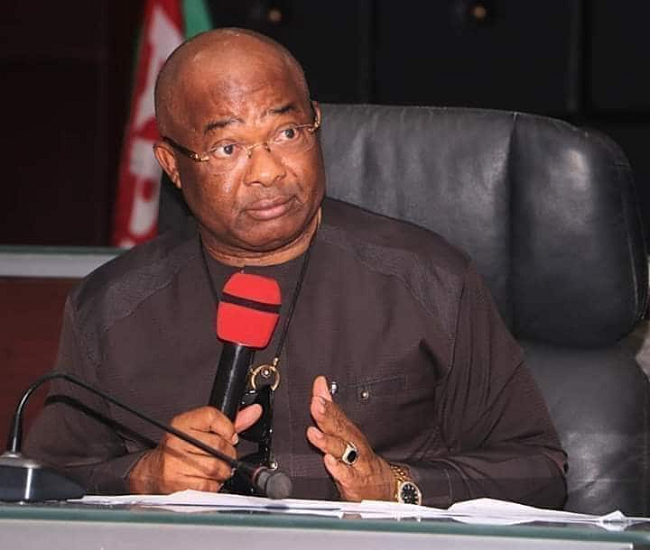Africa, a continent of various cultures and economics, is home to numerous nations with extraordinary currency growth and stability. These currencies have not only outperformed the once-dominant Nigerian Naira in the financial landscape, but have also demonstrated durability in the face of global economic crises.
As the world’s attention swings to Africa’s growing economies, let’s take a look at the top seven African countries whose currencies have outperformed the Naira in recent years.
1. Egyptian Pound (EGP)
Egypt, a country rich in history and culture, has recently shown economic strength. Because of conservative monetary policies and enhanced investor confidence, the Egyptian Pound has gained momentum versus the Naira. Egypt’s numerous industries, ranging from tourism to manufacturing, have contributed to the currency’s success as a prominent participant in the African economy.
1 Egyptian Pound = 25.40 Nigerian Naira
2. South African Rand (ZAR)
South Africa, often regarded as Africa’s economic powerhouse, has a thriving and dynamic economy. The South African Rand’s stability may be linked to the country’s status as a major commodity exporter, with the mining and agriculture industries playing critical roles. Furthermore, South Africa’s sophisticated financial markets and strong linkages to global commerce have pushed the Rand’s value ahead of the Naira.
1 South African Rand = 41.78 Nigerian Nair3
3. Moroccan Dirham (MAD)
Morocco has established itself as a stable and competitive economy at the crossroads of Africa and Europe. The Moroccan Dirham is supported by strong agricultural exports, a burgeoning manufacturing sector, and a booming tourist economy. The Dirham has exhibited exceptional stability versus the Naira, thanks to a government devoted to economic diversification and modernisation.
1 Moroccan Dirham = 80.12 Nigerian Naira
4. Algerian Dinar (DZD)
Algeria, famed for its immense energy resources, has used its fortune in oil and gas to support its currency, the Algerian Dinar. Despite global oil price swings, Algeria’s attempts to diversify its economy and invest in non-energy areas have contributed to the Dinar’s relative strength against the Naira.
1 Algerian Dinar = 5.79 Nigerian Naira
5. Tunisian Dinar (TND)
Tunisia, a North African jewel with a rich past, has achieved economic and political progress. The Tunisian Dinar has benefited from a robust services industry, which includes tourism and information technology, as well as a developing manufacturing base. Sound economic policies and reforms have prepared the ground for the Dinar to outperform the Naira.
1 Tunisian Dinar = 254.52 Nigerian Naira
6. Ghanaian Cedi (GHS)
Ghana, often hailed as a success story in West Africa, has cultivated a diversified and resilient economy. The Ghanaian Cedi’s progress can be attributed to sound fiscal policies, a burgeoning oil and gas sector, and a thriving services industry. With a reputation for good governance and investor-friendly policies, Ghana has positioned itself favorably in the global market.
1 Ghanaian Cedi = 70.47 Nigerian Naira
7. Kenyan Shilling (KES)
East Africa’s economic powerhouse, Kenya, has emerged as a regional leader with a vibrant economy. The Kenyan Shilling’s strength is driven by a robust agricultural sector, a rapidly growing technology industry (dubbed the “Silicon Savannah”), and a thriving financial services sector. Kenya’s strategic location, along with government initiatives to attract foreign investment, has propelled the Shilling ahead of the Naira.
1 Kenyan Shilling = 5.49 Nigerian Naira
As Africa’s economy continue to diversify and embrace global commerce, some nations’ currencies have effectively risen, outperforming the Nigerian Naira in the process. Egypt, South Africa, Morocco, Algeria, Tunisia, Ghana, and Kenya are the top seven African nations in terms of economic advancement and stability. While obstacles remain, their stories of prosperity and perseverance might help other countries improve their economic status in an increasingly linked world.















